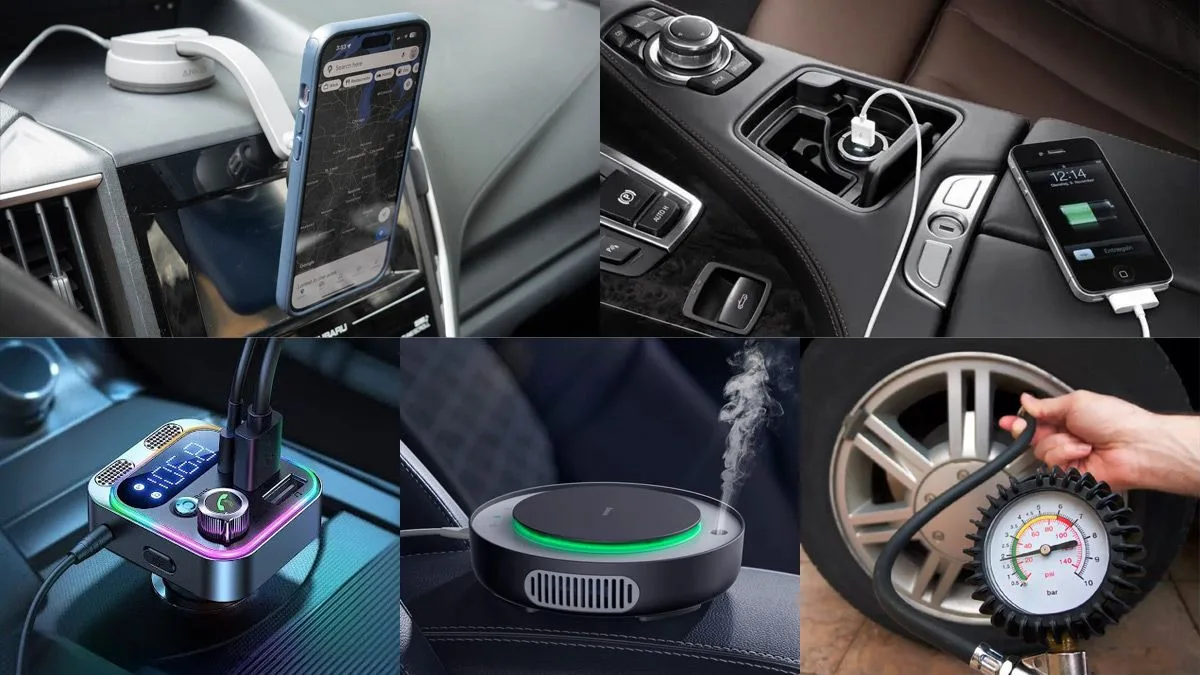Top Crypto Exchanges Ranked By Trust Score
For anyone new to cryptocurrency, picking an exchange can feel risky and confusing. With so many options, how do you know which platforms are more trustworthy? That’s where the concept of a Trust Score comes in. It offers a simplified way to compare exchanges on safety, volume, transparency and other criteria.
- Top Crypto Exchanges Ranked By Trust Score
- What is a Trust Score
- Top 5 Exchanges Ranked (with their Trust Score and Volume)
- 1. Binance (Trust Score 10/10) – Reported volume: $30,776,495,225
- 2. Bybit (Trust Score 10/10) – Reported volume: $5,327,218,939
- 3. Gate.io (Trust Score 10/10) – Reported volume: $4,536,567,162
- 4. Coinbase Exchange (Trust Score 10/10) – Reported volume: $4,459,068,672
- 5. OKX (Trust Score 10/10) – Reported volume: $4,394,375,747
- Summary & Beginner Guidance
- FAQs
This article will explain how a Trust Score is calculated in easy-to-understand layers, and then provide a deep dive into five major exchanges, each of which you provided a ranking for, with facts you can verify, plus their pros and cons.
What is a Trust Score
A Trust Score is a metric used by independent crypto-data platforms to rate how trustworthy an exchange’s operations appear. It is typically expressed on a scale (like 1-10) and captures things like liquidity, volume, transparency, security, API quality, and regulatory/compliance signals.
How it is calculated (in simple language)
- First, data is gathered: order-book depth, trade volumes, how easy it is to deposit/withdraw, whether reserves are verifiable, how many security incidents the exchange has had, how strong its API/data feed is.
- Then each of those areas (“pillars”) is scored: for example “liquidity” might get a high grade if the exchange has deep markets and tight spreads; “transparency” might get a high grade if the exchange publishes proof of reserves.
- Then those pillar scores are combined (often with weighting) to produce the overall Trust Score.
- Because conditions change, the score is updated over time.
In short: A higher Trust Score suggests the exchange shows stronger signals of reliability and safety based on available data but it is not a guarantee of zero risk.
Top 5 Exchanges Ranked (with their Trust Score and Volume)
Here are the five platforms you listed, all showing a 10/10 Trust Score in your dataset, with verified information, plus pros & cons.
1. Binance (Trust Score 10/10) – Reported volume: $30,776,495,225
Facts & Verified Information

- Binance was founded in July 2017.
- It offers hundreds of cryptocurrencies and tokens and provides proof of reserves.
- The platform emphasises security, storing most crypto in cold wallets and offering two-factor authentication and real-time monitoring.
Pros
- Extremely large volume and liquidity, making it easier to buy/sell large amounts.
- Wide range of supported coins and trading pairs.
- Strong security orientation with transparency features.
Cons
- Regulatory history has had several issues, including lawsuits and investigations.
- Because of its size and many features, beginners may feel overwhelmed.
- High volume means fast movement, both opportunities and risks.
2. Bybit (Trust Score 10/10) – Reported volume: $5,327,218,939
Facts & Verified Information

- Founded in 2018 and among the largest exchanges by volume.
- Provides a verified KYC system and strong security emphasis.
- Supports transparency with proof-of-reserves verification.
Pros
- Good liquidity and large global user base.
- Clear transparency measures and solid security setup.
- Large product offering including spot and derivatives.
Cons
- Derivative products add complexity and risk for beginners.
- Regulatory uncertainty in some countries.
- The 10/10 trust score still requires regular re-verification as markets evolve.
3. Gate.io (Trust Score 10/10) – Reported volume: $4,536,567,162
Facts & Verified Information
- Gate.io is a global exchange with a large selection of cryptocurrencies.
- It offers proof of reserves and conducts security audits.
- It partners with major verification companies to strengthen KYC/AML processes.
Pros
- Huge number of supported coins, giving traders variety.
- Strong transparency efforts including audits and proof of reserves.
- Competitive fees and advanced features.
Cons
- Very large token selection means exposure to riskier low-liquidity coins.
- Some users report higher withdrawal fees or slower app performance.
- Not available in multiple regions depending on local regulations.
4. Coinbase Exchange (Trust Score 10/10) – Reported volume: $4,459,068,672
Facts & Verified Information
- Coinbase is known for regulatory compliance and user-friendly onboarding.
- It offers strong ID verification and secure infrastructure.
- It continues to expand regulated crypto liquidity services.
Pros
- Strong compliance-first approach, ideal for beginners.
- Very clean and easy-to-use interface.
- Good fiat deposit/withdrawal support depending on region.
Cons
- Trading fees may be higher compared to some platforms.
- Smaller coin selection than other top-volume exchanges.
- Even well-regulated exchanges can face security or data-exposure risks.
5. OKX (Trust Score 10/10) – Reported volume: $4,394,375,747
Facts & Verified Information
- OKX is a major global exchange with spot, futures, options and DeFi tools.
- It uses advanced proof-of-reserves technology based on zero-knowledge proofs.
- Widely considered a secure and audited platform.
Pros
- Strong mix of advanced trading features and high liquidity.
- Transparent reserve proof and robust security measures.
- Competitive fee structure.
Cons
- Advanced tools may overwhelm newcomers.
- Limited availability in certain jurisdictions.
- Complex product choices mean higher learning curve and risk.
Summary & Beginner Guidance
All five of these exchanges show very high Trust Scores and rank among the top in global trading volume. They each bring strong positives in terms of liquidity, transparency, security and global reach.
Beginners should:
- Start with a high-trust exchange.
- Check if the exchange supports their local currency and payment methods.
- Compare fees and ease of use.
- Avoid holding large long-term balances on exchanges; consider self-custody.
FAQs
Q1. If all five have a 10/10 Trust Score, does that mean they are equally safe?
A. No. Each platform has different strengths, features, risks and regulatory profiles.
Q2. Can Trust Score change over time?
A. Yes. Liquidity shifts, transparency changes or incidents can raise or lower scores.
Q3. Should beginners open accounts on all five?
A. Not necessary. Two platforms are usually enough for most beginners.
Q4. What should I check beyond Trust Score?
A. Fees, supported payment methods, customer support, regulatory compatibility and security features.
Q5. If one of these exchanges is hacked, are my funds lost?
A. Not always, but it is safest to keep only trading amounts on exchanges and store long-term holdings in a private wallet.
Also Read- Mainland China: Uber Alternative And Other Essential Apps












